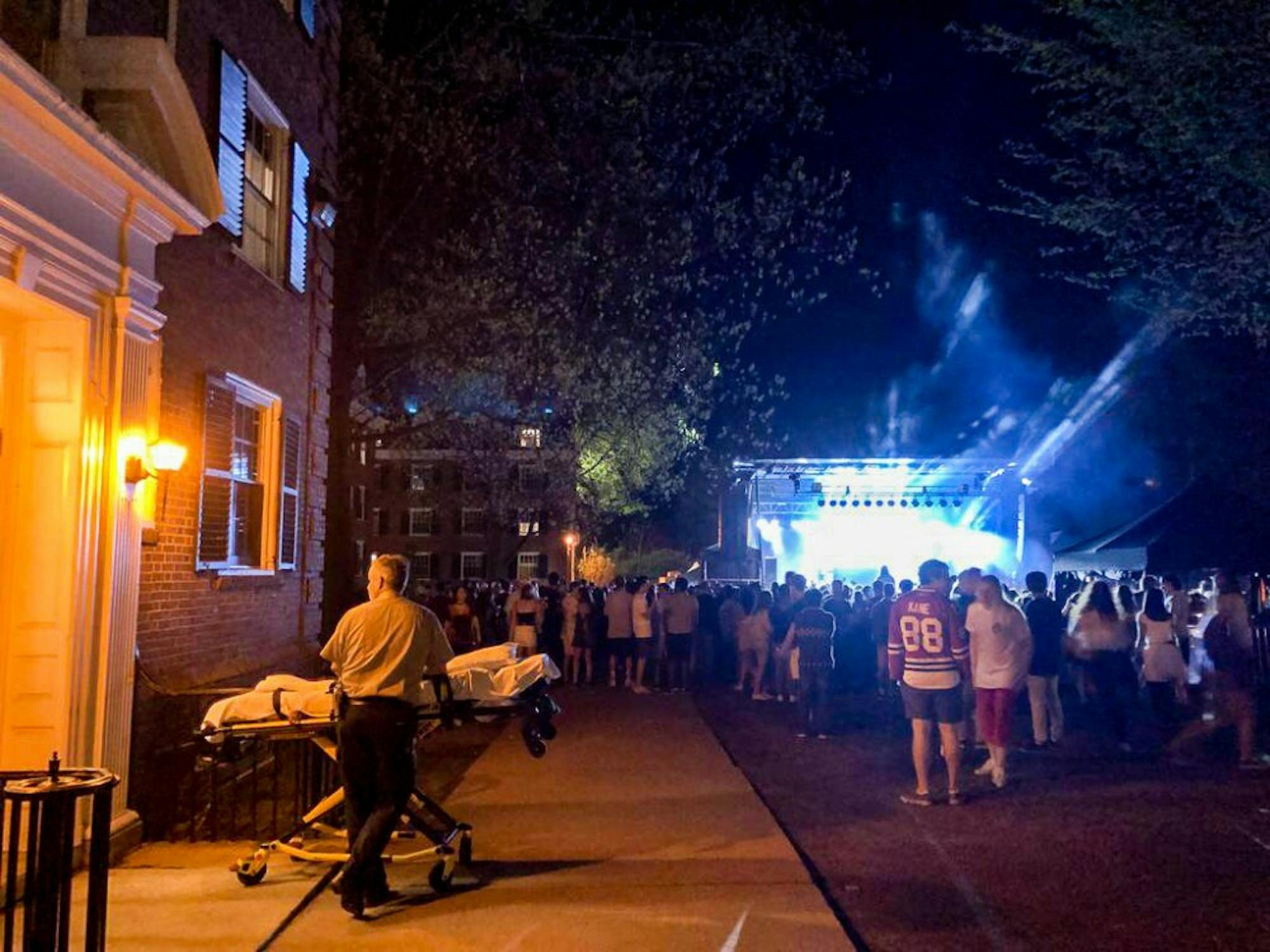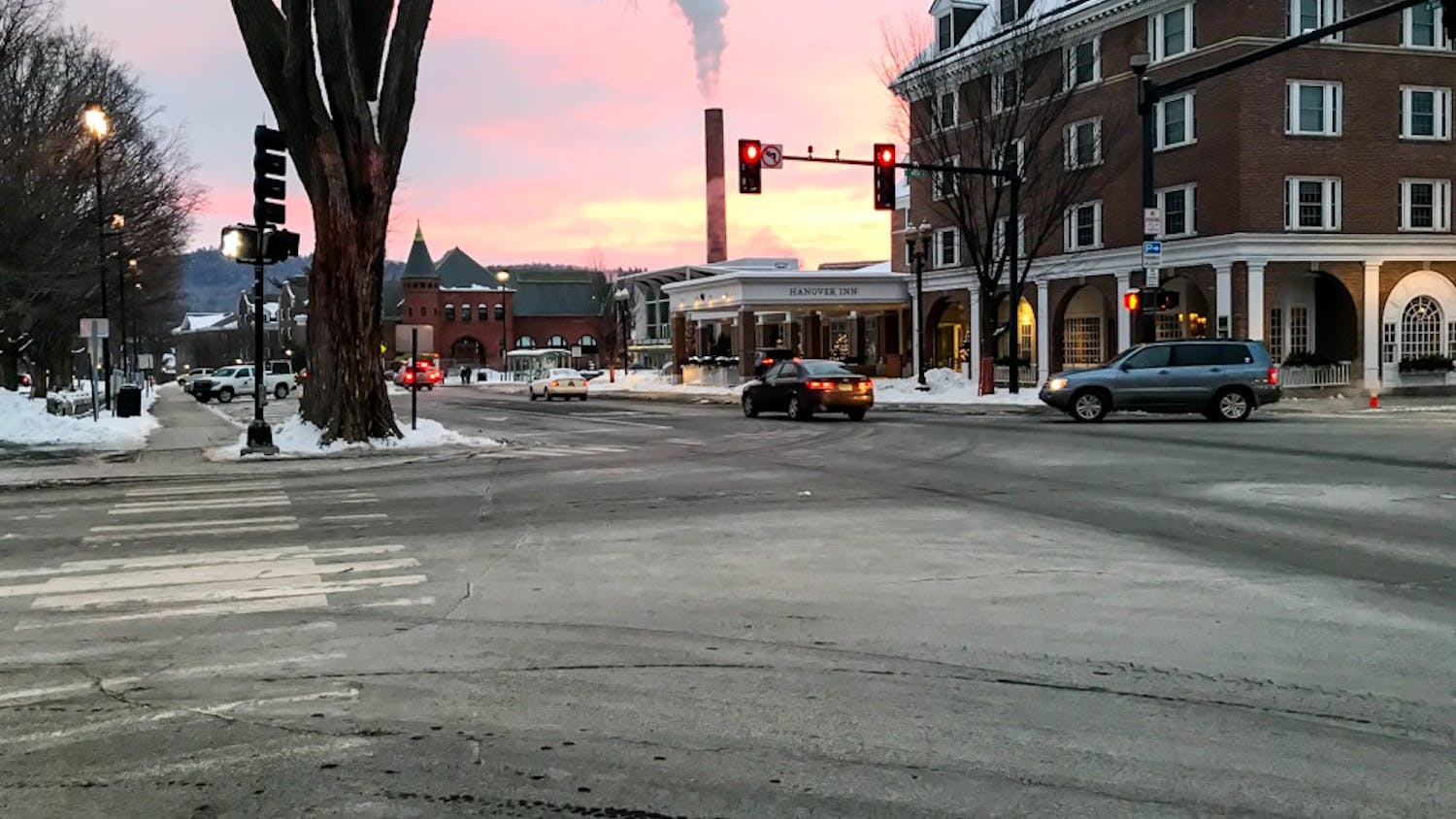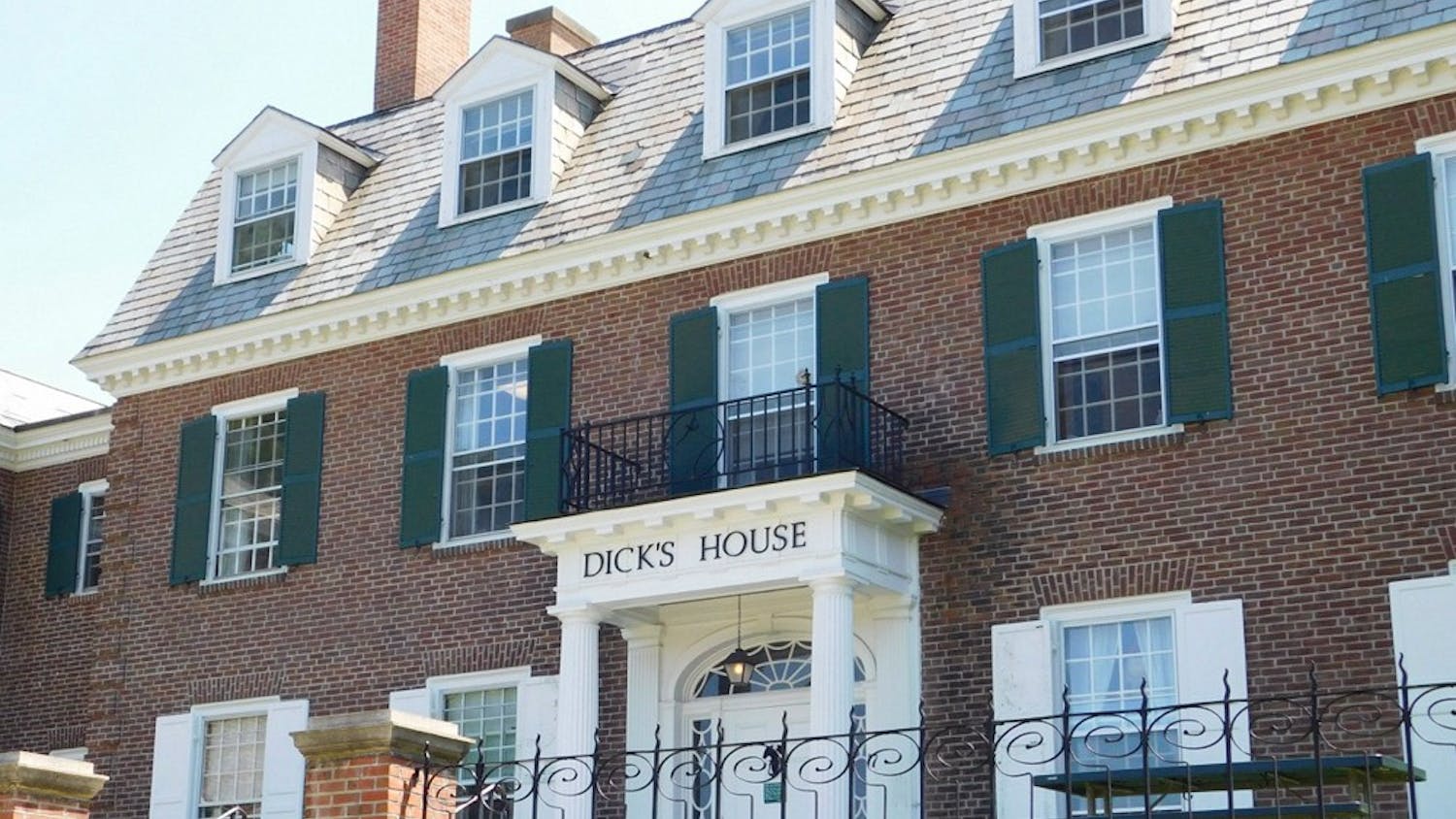Four students were arrested during this year’s Green Key weekend — a decrease from last year’s 11 arrests and 2017’s 10 arrests, according to Hanover Police lieutenant Scott Rathburn. Interim director of Dartmouth Safety and Security Keysi Montás said that the total number of incidents reported to Safety and Security during the weekend was slightly higher, but in the same general range as previous years.
Four arrests were made for intoxication, with one student also charged with resisting arrest, according to Rathburn. One arrest occurred during the Programming Board concert, two occurred on Friday at midnight and one occurred on Saturday at midnight.
Montás said that from May 17 to May 20, Safety and Security received 70 incident reports. These reports entail both Dartmouth and non-Dartmouth students and included incidents such as criminal mischief, fire alarm activation, theft and transportation to Dick’s House or Dartmouth-Hitchcock Medical Center due to intoxication and other injuries. In total, 16 students were transported to DHMC, eight of them sent for alcoholic reasons and the rest for other injuries. Dick’s House took in nine students — five related to intoxication and four for other injuries. Six Good Samaritan calls were made this year, an increase of one compared to five Good Sam calls last year.
Safety measures, such as the wristband system to enter the concert area and water-filled jersey barriers, continued during this year’s Green Key concert. However, the system by which wristbands were delivered to students was improved, according to associate director of student involvement David Pack. In the past, wristbands were sent to students’ Hinman boxes but were not specifically addressed to the receivers, which Pack said caused some students to lose their wristbands. This year, the wristbands came in envelopes that had students’ names on them, which said helped solve that problem, according to Pack.
Montás said that the wristband system helped to control access to the programming board concert and limited non-Dartmouth students’ entrance to the venue. He added that aside from the wristband system, installing an appropriate number of personnel, including Safety and Security officers, private Green Mountain Security officers, Hanover police officers, Hanover fire department officers and Dartmouth EMS students, was also conducive to ensuring safety and controlling access to the concert.
Pack said that since the wristband system came into effect in 2017, it has been successful in blocking people not affiliated with Dartmouth students from attending the concert.
“Compared to the years before we implemented the system, I see far fewer unaccompanied minors — folks from the surrounding communities — who aren’t connected with any Dartmouth students or don’t have a particular invitation to be there,” he said.
This year, water-filled barriers were placed on Massachusetts Row, according to Montás. Pack noted that due to the closure of Tuck Drive during the concert and the construction at the West End of campus, some drivers potentially met traffic inconveniences at the time of the concert. He added that the Programming Board coordinated with the town of Hanover to create other driving passages from the West End to Main Street.
“We worked closely with the town and the College’s Conferences and Events office to coordinate traffic patterns that would allow people to still get into the West End even though the road is closed,” Pack said.
The noise level of the concert has been a concern in previous years, according to director of student involvement Anna Hall. However, she noted that the Programming Board worked closely with sound engineers and production to make sure that the sound was minimized.
“The town is very interested in sound levels during this weekend,” Hall said. “But I think that we’ve done quite a bit, especially with the concert, to minimize the impact on the neighboring community.”
Pack said that he believed the concert was successful in limiting its sound level and its overall planning. He added that since the Programming Board changed the sound set-up in 2017, the College has not received complaints about the concert.
“From an overall execution standpoint, things went smoothly,” he said. “We were able to keep the sound on Gold Coast lawn and hopefully have a minimum impact outside of that.”




